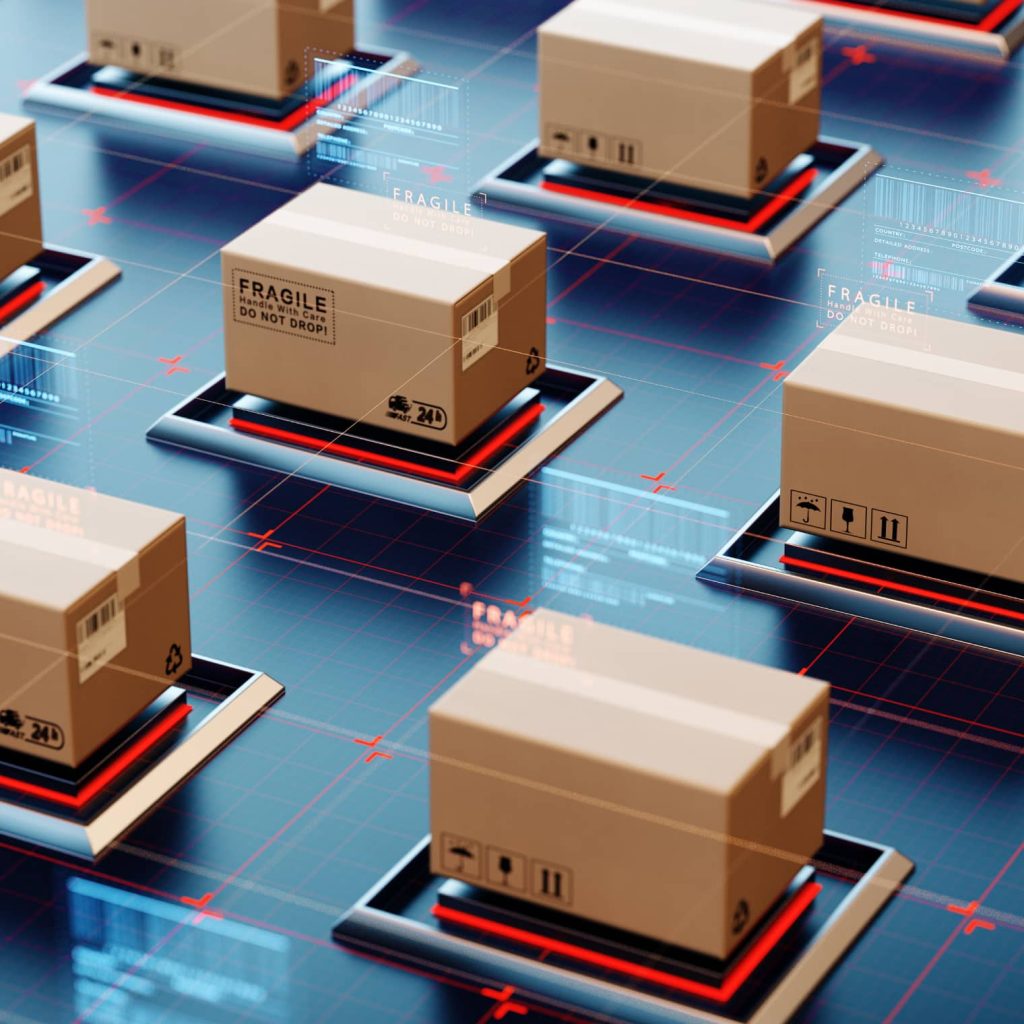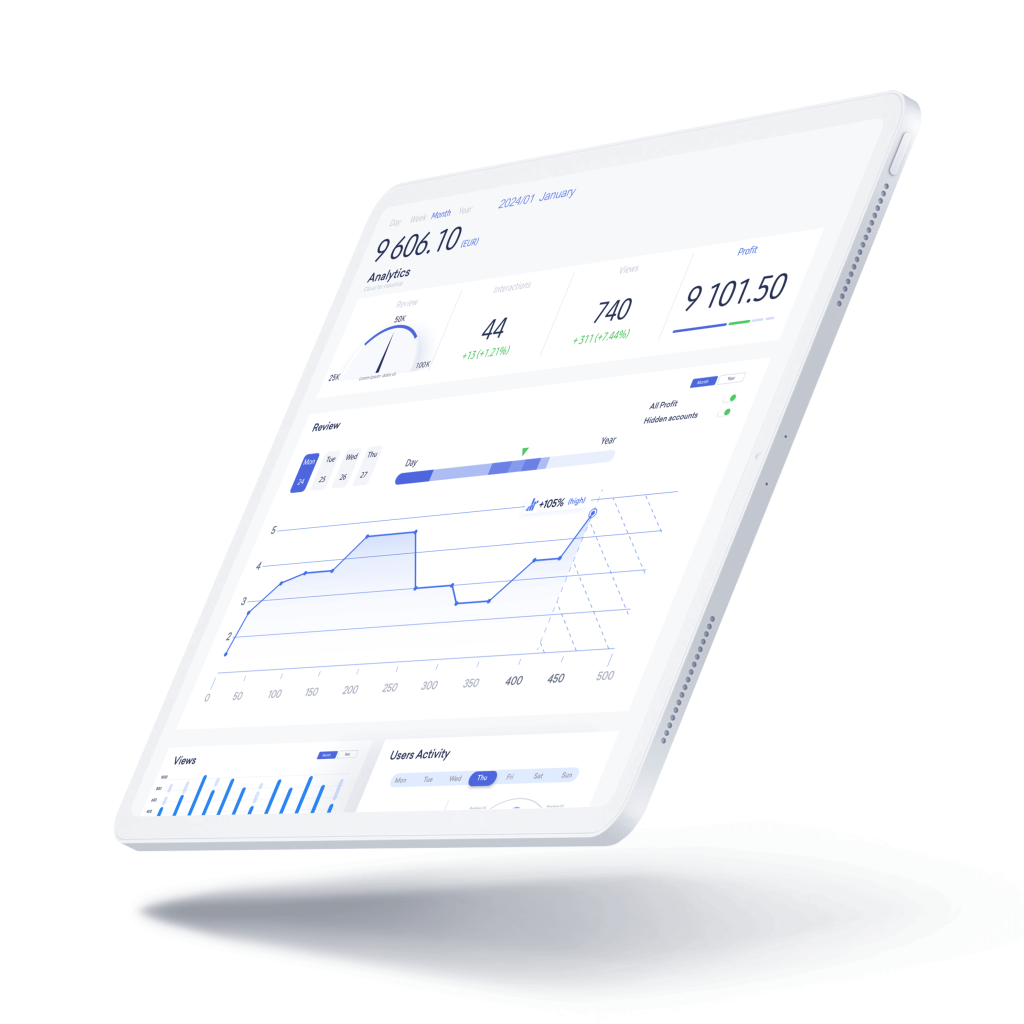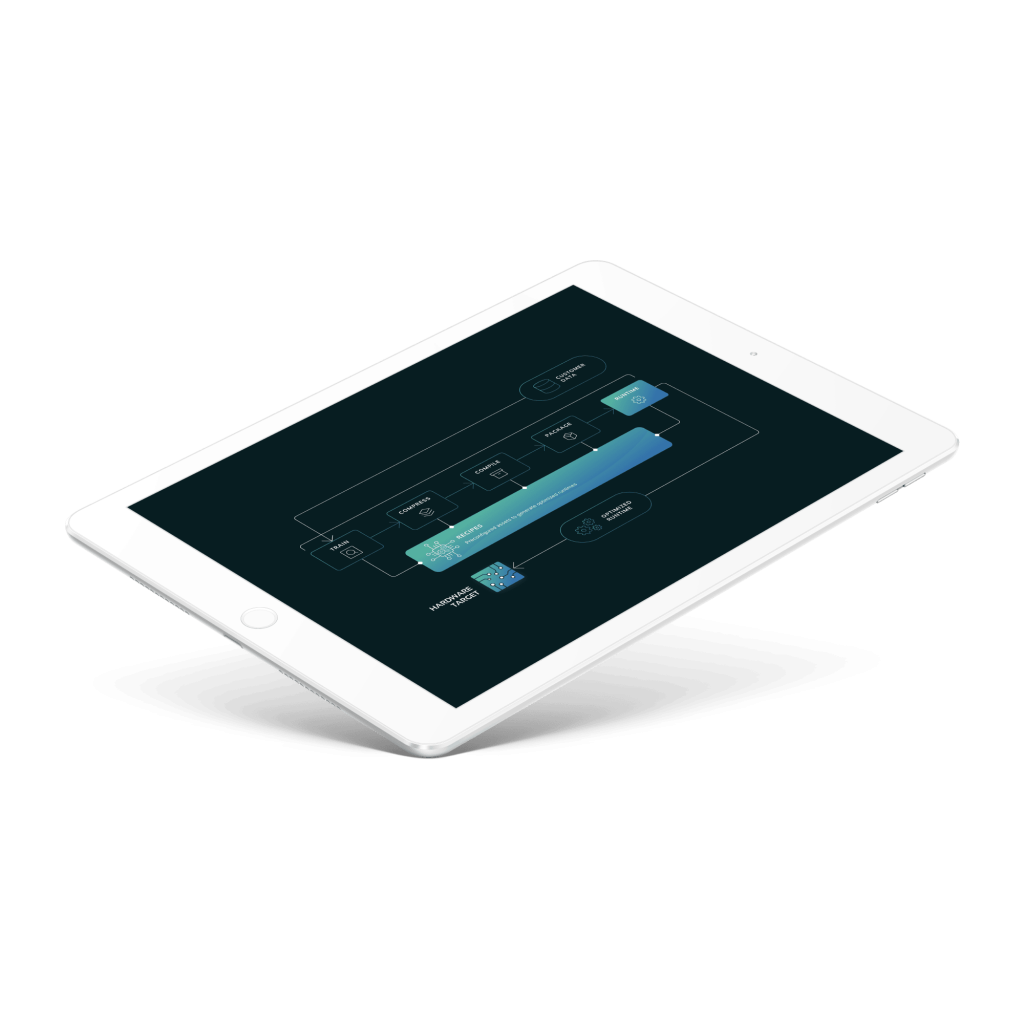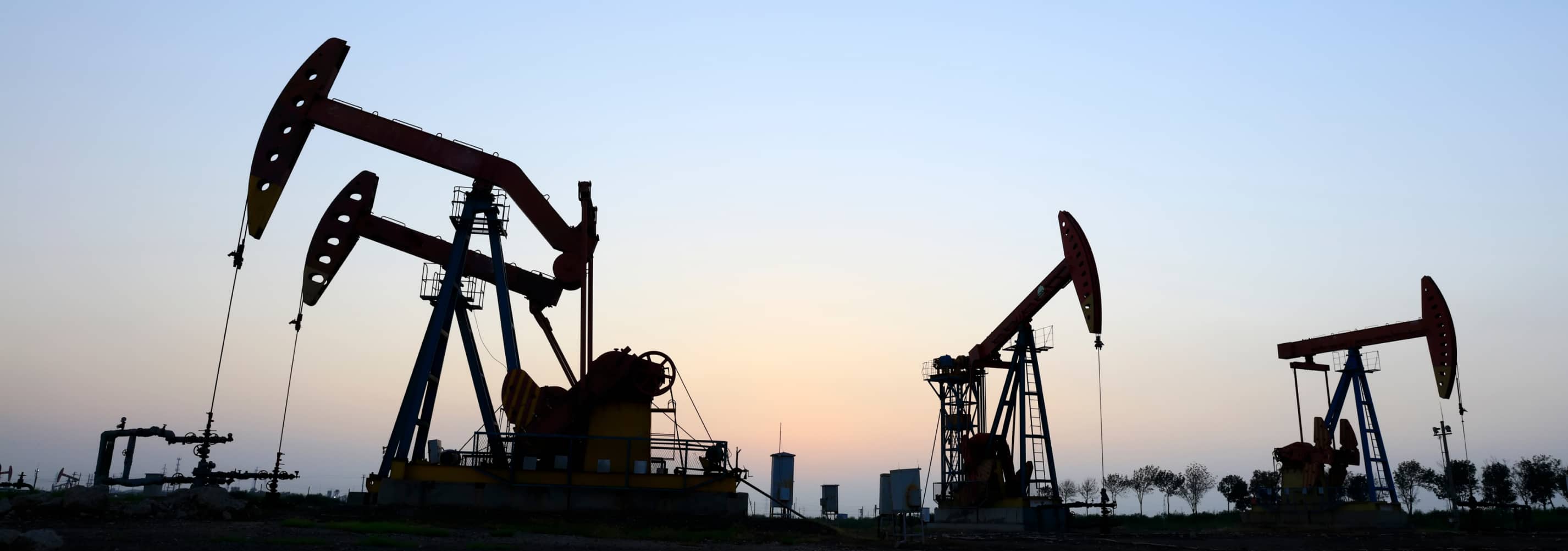The evolving landscape of the oil and gas sector
The oil and gas sector is undergoing rapid and significant transformation. As tensions between Russia and Western countries continue escalating, many European countries and oil and gas companies are scrambling to find alternative energy sources, including diversifying through LNG (liquified natural gas terminals) terminals.
Environmental considerations also play an increasingly important role in oil and gas production. The implementation of green policies regulating global energy transformation has pushed major polluting industries to measure and record air emissions more accurately and continuously.
The need for sustainable practices is not limited to governmental regulations; environmental and social activists are also urging industry leaders to prioritise green energy solutions. This has resulted in a significant shift in traditional practices within the oil and gas industry, with a greater emphasis on innovation, technology-powered energy solutions and environmental responsibility.
Key technology trends in oil and gas industry
The oil and gas industry has been leveraging technologies for quite some time. With the demand for energy constantly increasing, digital solutions have become essential to addressing the current challenges of this industry. Let's look at the current and future technology trends that could help the oil and gas sector stay ahead of the curve.
Big data analytics and artificial intelligence
The oil and gas industry has been collecting data for decades, so it is no surprise that companies in the sector are adept at using big data, advanced analytics and artificial intelligence. Big data refers to the large amounts of information companies can collect from their operations—everything from buying supplies and drilling data to production figures.
With the use of advanced analytics companies turn this raw data into actionable insights in real-time so executives and managers can decide how best to operate their business. Advanced analytics powered by artificial intelligence also allows companies to identify patterns in their operations to predict future outcomes and make better decision-making processes for allocating resources.
The oil and gas industry can greatly benefit from data analysis, as it has the potential to reveal essential details that may otherwise be overlooked. In this sector, even a small mistake can have major consequences.
- Key applications of big data analytics that benefit businesses in the oil and gas industry:
-
- Predicting optimal routes and commodities prices. AI-powered algorithms leverage data on the location of gas fields, pipeline interconnections and distribution networks to determine optimal routes for transport. It can also forecast the oil and gas price for end users and investors, which affects how much it costs to ship a unit of fuel from one point to another.
- Optimise drilling and equipment reliability. Oil and gas companies can use seismic data to improve drilling operations by identifying the best times to drill, the most efficient drilling methods, and the areas with the most resources. AI-based software is being used to create 3D models of underground reservoirs. It helps companies map out potential resources and plan their drilling operations accordingly. Big data analytics can also predict when a piece of equipment is likely to fail. This information can help to schedule maintenance or repairs before assets break down, preventing unplanned downtime and disruptions.
- Emissions monitoring. Data analytics and artificial intelligence can help track energy production, transportation, and usage, which can help companies identify areas where they could improve their emissions performance. These technologies can also predict future demand for energy-efficient products so that companies can plan ahead to meet environmental regulations. Read this blog post to learn how predictive emissions monitoring systems can help reduce emissions and comply with environmental regulations.
Data analytics trend in action
One example of how this trend is being applied in the oil and gas industry is through analytics tools like appygas, which helps users reduce distractions, collect data from all sources in a high-quality format, and focus on what matters most to make more informed decisions.
This particular tool is most useful in the heavily regulated European gas market, where operators are required to file regular reports on their operations. The appygas software consolidates gas market data from over 50 reliable sources, both historical and real-time, providing users with the ability to quickly identify trading opportunities and calculate the cost of gas transportation based on an aggregated data analysis. The platform also includes easy-to-use dashboards and can be fully customised according to the needs of the user's portfolio.
If you would like to test the tool, you can sign up for a 14-day trial here.
Cloud-based solutions
Many oil and gas companies are turning to cloud solutions for data storage, analysis, and management due to their many benefits. The decentralised nature of the cloud makes it much easier for those in the gas and oil industry to perform complex analyses and make decisions. The ability to store data virtually without limit is an excellent benefit for drilling companies, who can access their data when needed rather than being limited by the space available in their physical servers. If more storage is required, the cloud expands accordingly. Moreover, cloud solutions can assist oil and gas companies in enhancing their sustainability efforts.
Industrial internet of things (IIoT)
Oil and gas companies have to deal with many factors that can be difficult to control and monitor, such as weather, moisture levels, vibrations, and equipment conditions. The use of Industrial Internet of Things (IIoT) technology can assist these companies in monitoring and controlling these factors in real-time and making necessary adjustments to avoid potential problems.
For example, imagine that an oil company is using IIoT-enabled sensors to monitor the temperature of its pipelines. If the sensors detect a sudden temperature drop, it could indicate that the pipeline is leaking. The company would then be able to take immediate action to fix the problem before it causes any severe damage.
Moreover, IIoT technology can also help oil and gas companies reduce their overall costs. By closely monitoring their assets, they can avoid costly downtime associated with maintenance problems or equipment replacement. In the long run, this can lead to significant savings for these companies.
Digital twins
Digital twins technology allows for a replica or model of an object, system or process to be created and used for various purposes such as monitoring, analysis and decision-making. The software allows oil and gas companies to simulate their assets, understand how they will behave under different conditions, predict problems before they occur, mitigate risks and remotely monitor oil and gas rigs.
Digital twins can help oil and gas companies maximise production by running various scenarios, considering constraints such as water, gas and infrastructure capacity. By combining advanced digital twin software with IoT and machine learning capabilities, businesses can collect data from multiple sources and monitor energy usage, operational conditions and key performance indicators.
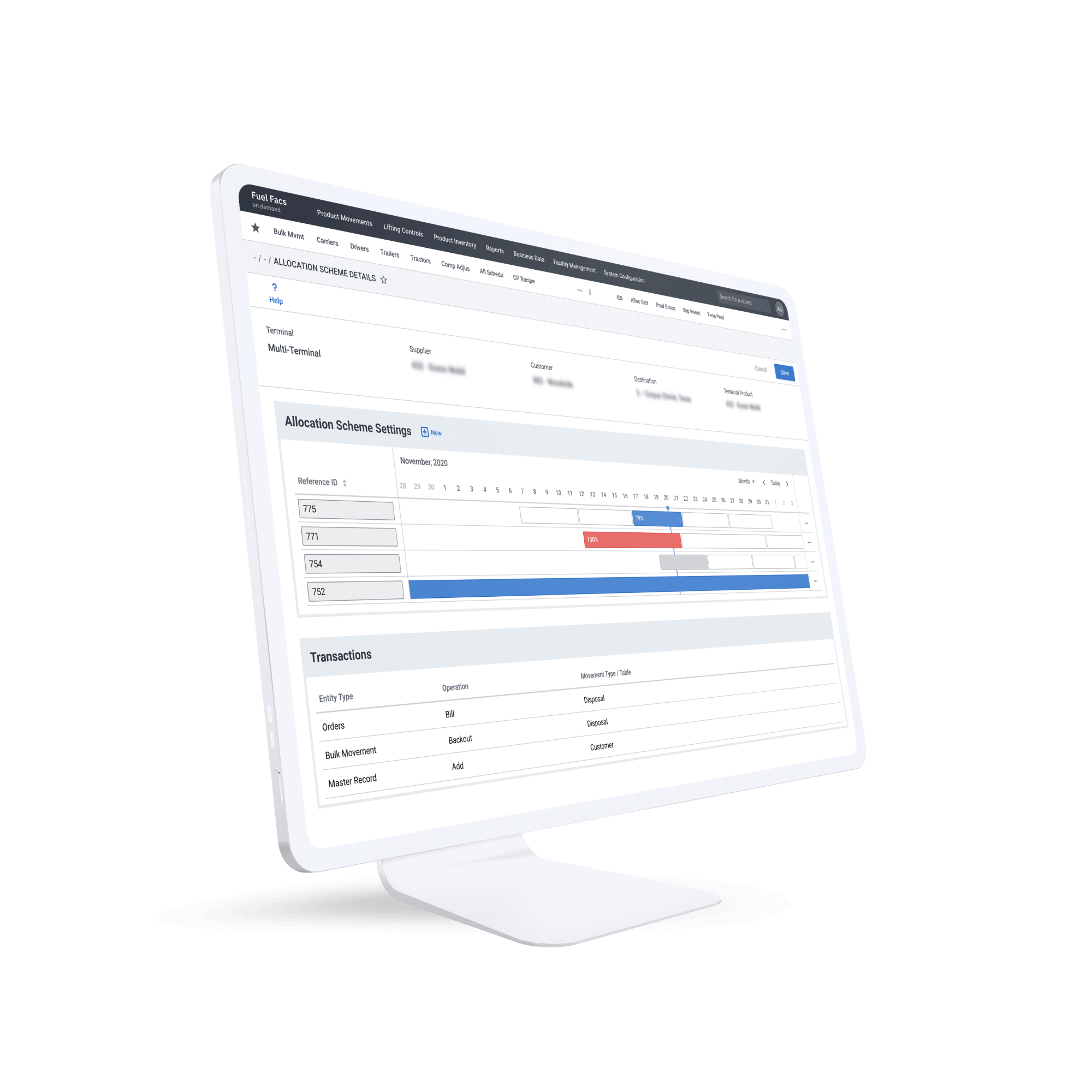
Conclusions
The oil and gas industry is currently facing several challenges, including the need to find new sources of oil and gas and the need to lower emissions. While innovative technologies are not a panacea, they can assist the industry in addressing these difficulties.
For example, data analytics can help determine optimal routes for transportation and commodities prices, while IIoT can aid in monitoring pipelines to avert leaks. Despite future challenges that the oil and gas industry will face, technological advances will enable it to carry on its operations successfully.
The oil and gas industry is experiencing a significant transformation due to the integration of advanced digital technologies like high-performance computing (HPC), machine learning, digital twins, IoT sensors, and AI-driven environmental monitoring systems. These technologies are being implemented across various sectors of the industry, including exploration, production, transportation, and refining.
Advanced technologies like high-performance computing and machine learning are improving seismic imaging and reservoir mapping, while digital twins and automated drilling systems optimise operations. In midstream and downstream, IoT sensors and predictive maintenance ensure asset integrity, while AI-driven process control and digital plant twins optimize refining processes. Environmental and safety efforts benefit from AI-driven emissions monitoring and drone surveillance.
Technologies are bringing significant improvements to operations within the oil and gas industry. For example, leveraging technologies can help prevent and reduce downtime, enhance the quality of production data, minimise manual work, etc.
Related Insights

